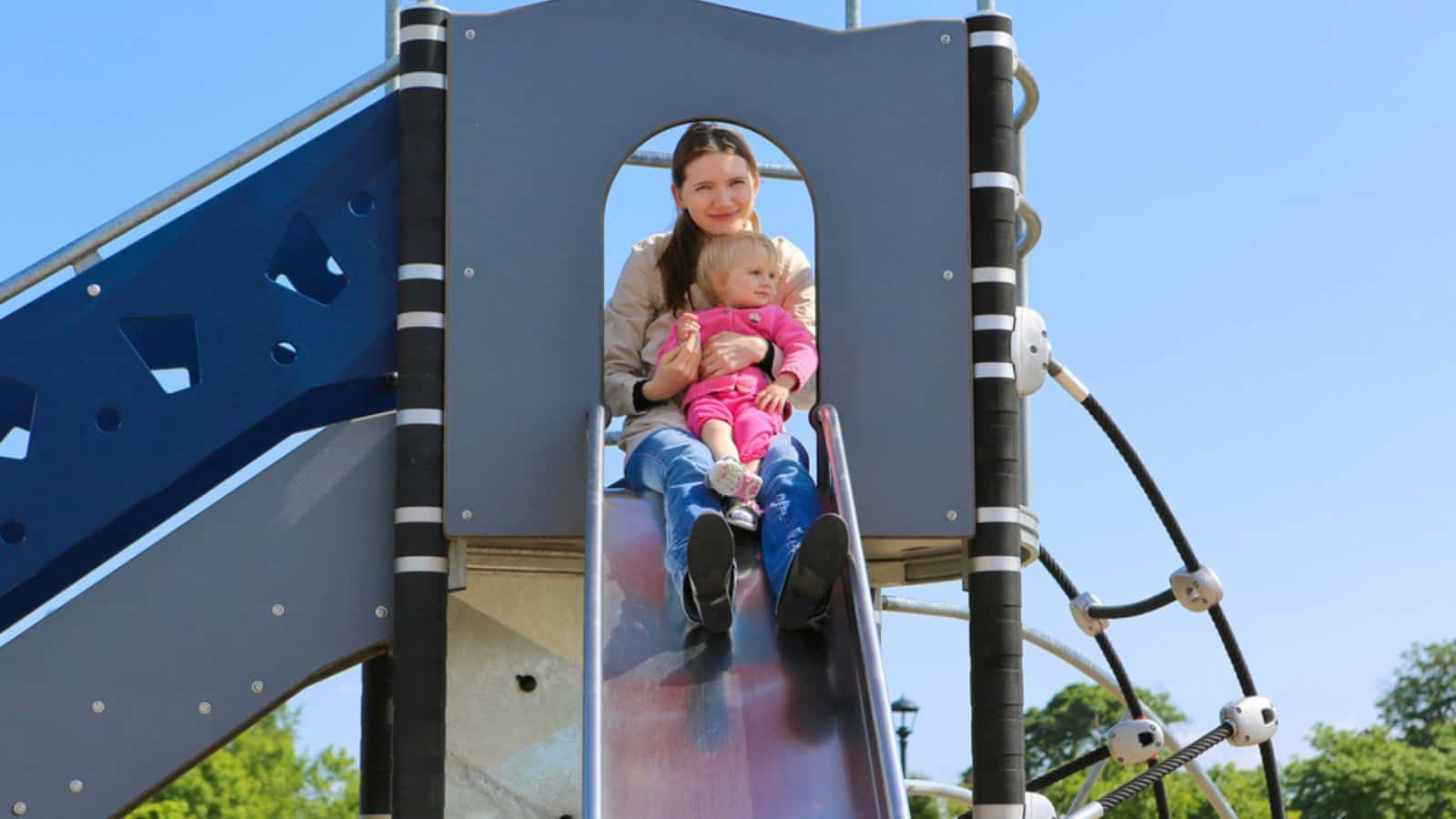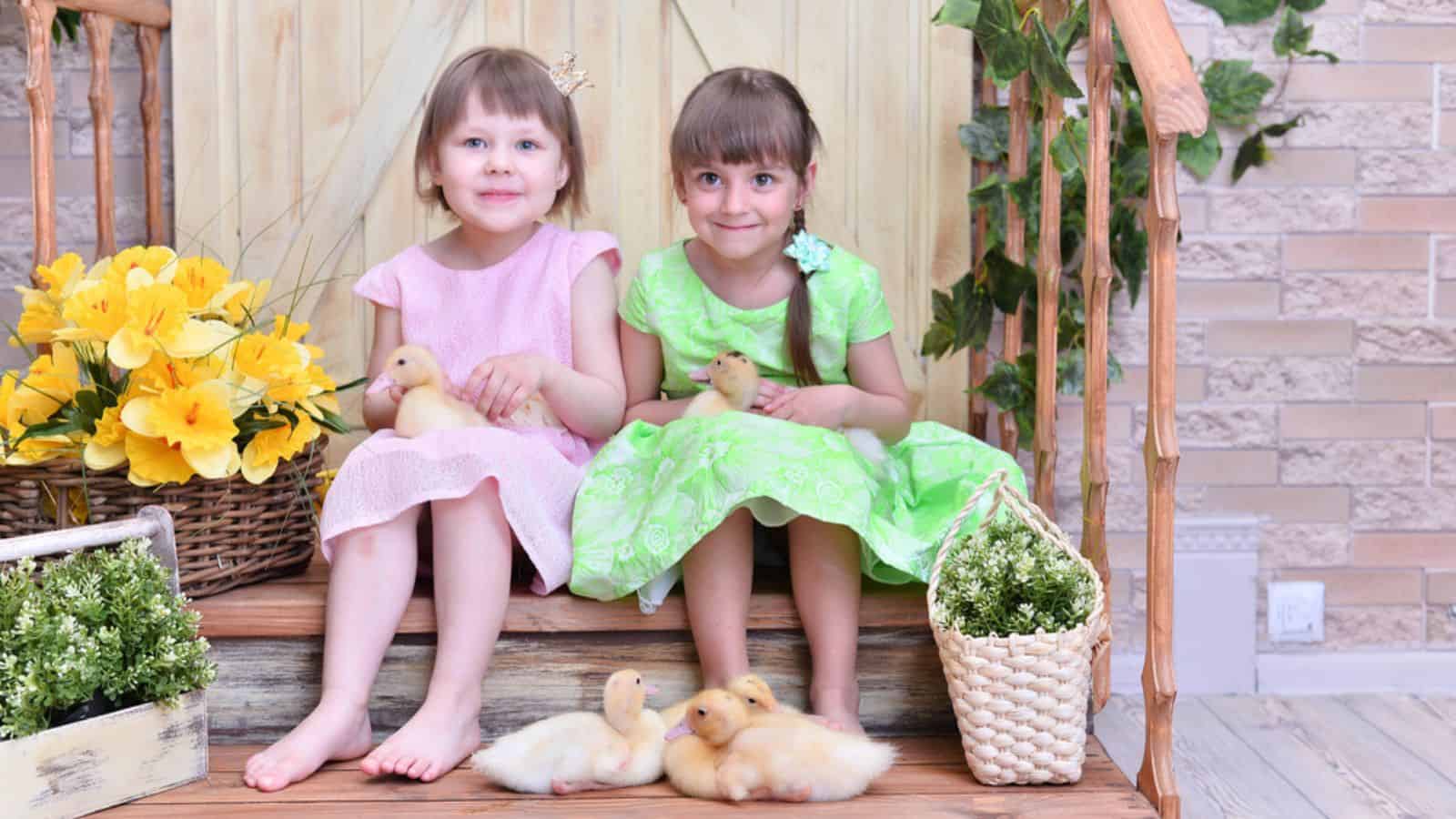10 Techniques To Use Positive Discipline With Your Young Children

When disciplining children, it’s important to use gentle and effective methods that don’t rely on punishment. Positive discipline focuses on teaching and nurturing rather than punishment. Here are some positive techniques to consider:
Use Positive Reinforcement

Look for opportunities to positively reinforce good behaviors with praise and encouragement. Point out what children are doing right rather than just correcting wrong behaviors. This helps them internalize positive values.
Explain Reasoning

When correcting behaviors, take the time to explain the reasoning behind rules and expectations. Help children understand how their actions impact themselves and others so they are motivated to do better.
Give Choices and Options

Give children options to choose from to gain a sense of autonomy whenever possible. Having some control helps them feel heard and respected while still following necessary guidelines.
Use Natural and Logical Consequences

Implement consequences that relate to the specific behavior, such as losing a privilege if they misbehave in that area. Natural consequences teach accountability without inflicting punishment.
Model Appropriate Behaviors

Children learn from observing others, so it’s important for parents and caregivers to model respectful, kind, and responsible behaviors themselves. Lead by positive example.
Use Calm Communication

When addressing misbehaviors, speak to children respectfully and calmly to de-escalate tensions. Angry or harsh communication can damage the parent-child relationship and trust.
Provide Support and Guidance

Rather than just punishing, take the time to support and guide children through challenges. Discuss problems, feelings, and solutions to foster learning and development.
Give Responsibilities and Chores

Give age-appropriate responsibilities and chores to help children feel valued and empowered members of the family. This also teaches important life skills.
Provide Adequate Attention and Engagement

Children often act out due to lack of attention or stimulation. Make time for engaging activities, conversations, and play to meet their emotional needs.
Use Time-Outs Effectively

Time-outs are most effective when used sparingly for severe misbehaviors. Ensure time-outs are a logical consequence, not a punishment, by keeping them short and explaining why they’re necessary.
8 Ways A Strong Family Unit Can Help In Your Child’s Development

As parents, we all want to provide the best possible environment for our children to grow and thrive. One of the most important factors in a child’s development is a strong family unit. A strong family unit can provide children with a sense of security, love, and support that can help them navigate the challenges of childhood and adolescence. Here are some ways a strong family unit can help in your child’s development:
8 Ways A Strong Family Unit Can Help In Your Child’s Development
15 Values You Need To Teach Your Young Child

As a parent, one of your most important roles is to teach your child values that will help them grow into kind, responsible, and compassionate adults. While there are many values that are important to teach, some are particularly crucial in the early years. Here are some values you need to teach your young child.
15 Values You Need To Teach Your Young Child
15 Reasons Why You Should Raise Your Child With Religion

These days, the cool thing to do is to forego religion and embrace atheism. But did you know there are many benefits to raising your child with religion?
15 Reasons Why You Should Raise Your Child With Religion
5 Impractical Things Parents Continue to Do Despite the Struggle

Being a parent is not an easy job, and sometimes we do things that are impractical just to make our kids happy. Here are five things parents continue to do despite the struggle.
5 Impractical Things Parents Continue to Do Despite the Struggle
These 8 Tips Will Ensure Your Kids Don’t Become Annoying Human Beings

A woman wonders how to raise children that are not obnoxious, and the responses are insightful.
These Tips Will Make Sure Your Kids Don’t Turn Into Annoying Human Beings






